
UN experts have urged France to completely revise a proposed new security law, deeming it “incompatible” with international law and human rights.
Five independent UN special reporters took the French government to task over the proposed legislation and said tinkering with it by rewriting certain clauses was not enough.
The law, which has been passed by MPs in the national assembly and is to be considered by the upper house, the senate, gives authorities, specifically the police, extra powers and has been the subject of protests in recent weeks. It would ban the publication of pictures of police in certain circumstances and allow greater use of surveillance drones.
The five experts who drew up the report do not represent the UN, but report their findings to its human rights council. They concluded that the law was “incompatible with international law and human rights”.
Media organisations argue article 24 of the law, which makes it an offence to publish photographs or film identifying on-duty police or gendarmes with “intent to do physical or psychological harm”, is a threat to press freedom. The article has been thrown into the spotlight by recent allegations of police violence, including the beating of a black music producer.
The government has rejected the criticism, arguing photographs can still be published, but under pressure has agreed to “rewrite” the contested clause. However, the UN report also highlights another clause, article 22, which authorises the use of drones to survey the public.
“Among many other elements of the proposed legislation that could limit human rights is article 22, authorising the use of surveillance drones in the name of security and the fight against terrorism, which allows … extended surveillance particularly of demonstrators,” the independent reporters wrote. “This has serious implications for the right to privacy, the freedom to gather peacefully and freedom of expression in the country.”
On article 24, they wrote: “Video images of police abuses captured by the public play an essential role in the overseeing of public institutions, which is fundamental in a country that respects the rule of law.”
The report adds: “It’s a good sign that members of parliament have said they will rewrite article 24 limiting the publication of pictures of police officers, but they have to go further and have another think about the purpose of the whole law. The simple rewriting of article 24 will not resolve its faults and this proposal is certainly not the only one in the proposed law that is a threat to human rights.”
It called on France to carry out a complete evaluation of the law to establish whether it was compatible with international law.
The report came as the Paris police prefecture asked journalists to hand over film of a demonstration against the law in the French capital last Saturday. The authorities said more than 60 police officers were injured in clashes with youths at the end of a peaceful protest.
The Arrêt sur Images website said letters were sent to at least five photojournalists requesting footage they had published on social media from the protest to help with an “ongoing investigation”. The Paris prefecture of police confirmed to Arrêt sur Images it had made the request.










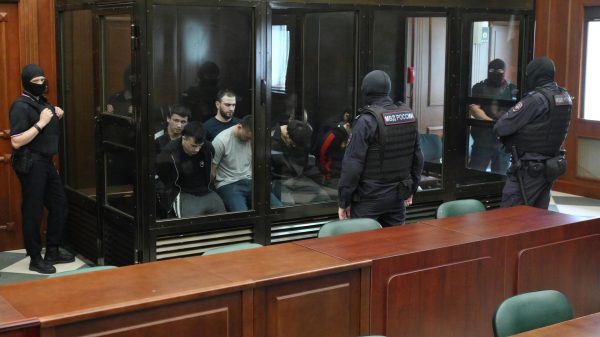







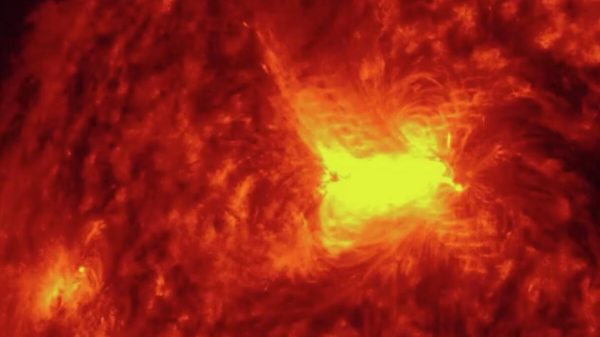
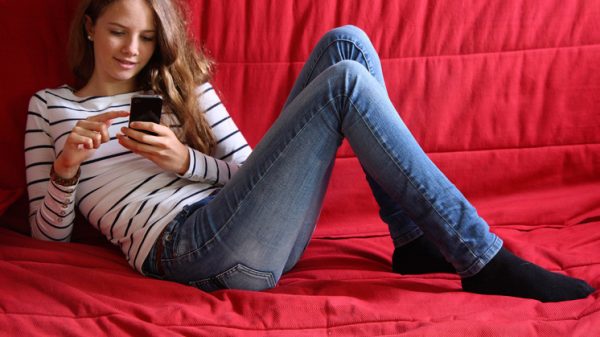












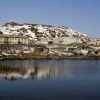
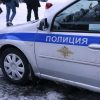


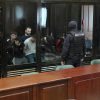
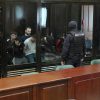

















Свежие комментарии